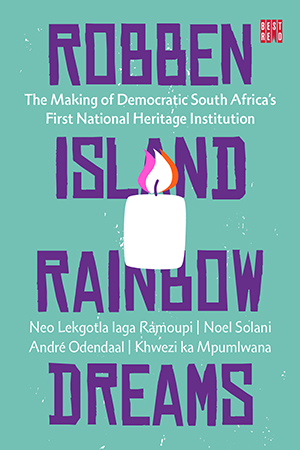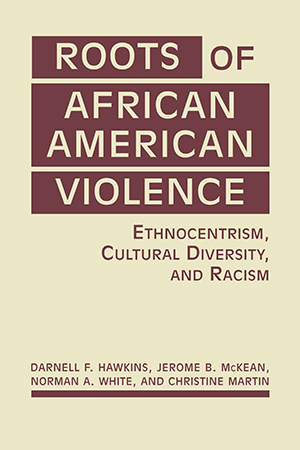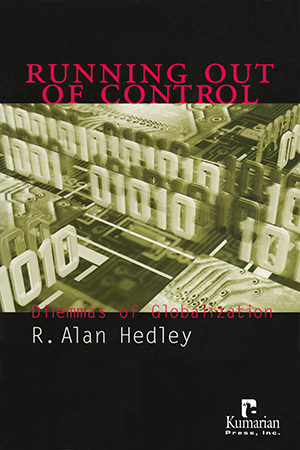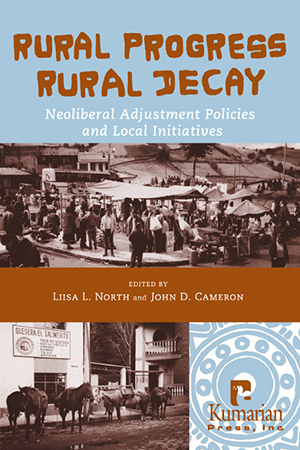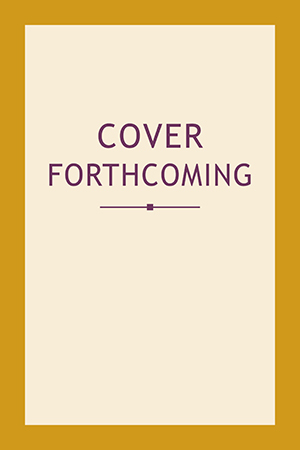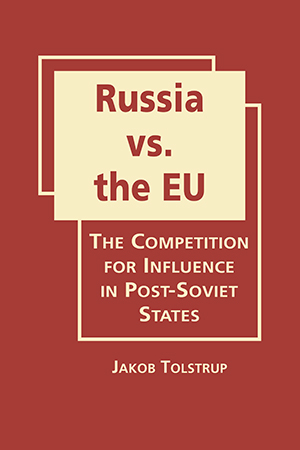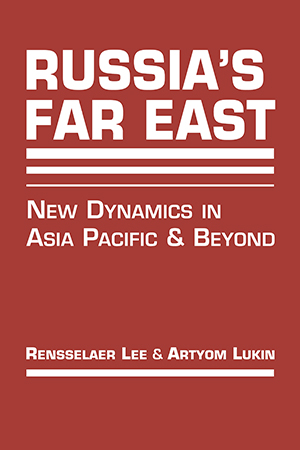BOOKS
Conflict is dramatic. In theater, literature, story telling, and news reporting, it is a powerful mechanism that draws attention, heightens the senses and evokes emotion. Schirch argues that More >
An assassination, the election of a new prime minister, and a fresh round of Palestinian unrest have highlighted the ongoing tensions between religious and secular Israeli Jews. Among the More >
Oyono’s third novel is the bittersweet, first-person story of Aki Barnabas, a young Cameroonian scholar who seeks to become “someone” by using the rules of the colonial More >
Following the birth of democracy in South Africa in 1994, Robben Island, once a symbol of pain, injustice, and closed spaces, became a UNESCO World Heritage Site and a global symbol of the More >
What explains the well-documented racial disparities in rates of homicide and other acts of criminal violence in the United States? Critically confronting the conventional narratives that More >
Alan Hedley argues that, although for centuries technological innovation allowed humanity to gain increasing control over its fate, the trajectory of that control is now—due to More >
How do rural development programs, especially those run by nongovernmental organizations, cope in a time of structural adjustment programs and economical liberalization? Using Ecuador as a More >
Offering a fresh perspective on Vladimir Putin's Russia, Katharina Bluhm demonstrates how an illiberal-conservative movement created in the 1990s to oppose neoliberal globalization has More >
Do Russia and the European Union have any substantial influence over the political trajectories of post-Soviet states? Shedding new light on the interplay between domestic and external More >
The strategically pivotal Russian Far East—a vast expanse stretching from Lake Baikal to the Pacific Ocean—is notable not only for its rich natural resources, but also for the More >


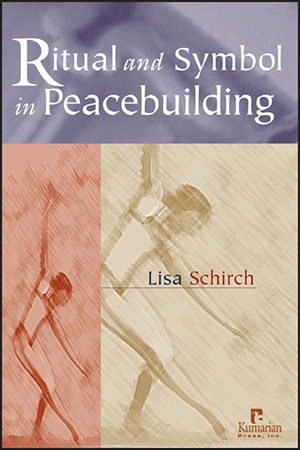
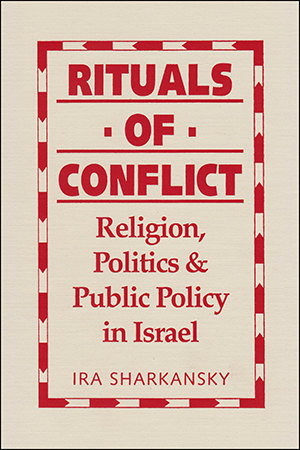
![Road to Europe [ a novel]](/imgs/cover-unavailable.jpg)
